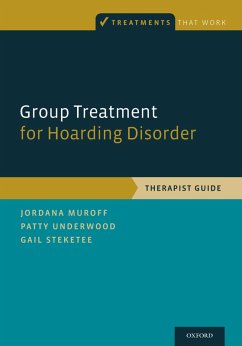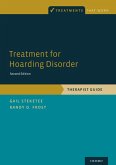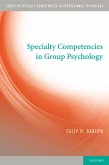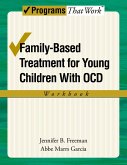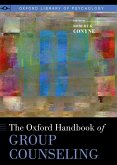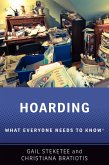For the first time, Hoarding Disorder (HD) is now recognized as a distinct disorder in the fifth edition of the
Diagnostic and Statistical Manual of Mental Disorders (DSM-5), separate from OCD. HD has also received much more attention and exposure in recent years. Consequently, more people will be recommended for treatment, increasing the demand and need for clinicians who deliver this specialized intervention.
Group Treatment for Hoarding Disorder: Therapist Guide outlines a cognitive-behavioral therapy program for HD using a group model. Clinicians deliver group therapy over 20 weekly sessions of 1.5 to 2 hours each. A single experienced clinician can lead the group or a co-therapy model can be used with two clinicians, one experienced and one in training. Groups of 6 to 8 participants: ? receive education about HD and about the CBT model ? discuss therapy goals and personal values ? practice motivational enhancement methods including identifying barriers to progress ? receive training in organizing and problem-solving about hoarding problems ? learn cognitive therapy strategies to reduce problematic hoarding beliefs and to replace acquiring with more adaptive behaviors ? practice sorting, removing clutter, and not acquiring, beginning with easier tasks ? and identify in-home supports. Final sessions focus on reviewing the most effective therapy methods, coping with change, and highlighting strategies for maintaining gains. Group members use the
Treatment for Hoarding Disorder: Workbook, Second Edition to assist with practice exercises. All of the necessary forms and worksheets are provided in the books and online. Treatment proceeds in a flexible session-by-session fashion with attention to group process. Written for psychologists, social workers, psychiatrists, counselors, and psychiatric nurses, this
Therapist Guide will promote effective group treatment of people with hoarding disorder.
Dieser Download kann aus rechtlichen Gründen nur mit Rechnungsadresse in A, B, BG, CY, CZ, D, DK, EW, E, FIN, F, GR, HR, H, IRL, I, LT, L, LR, M, NL, PL, P, R, S, SLO, SK ausgeliefert werden.

